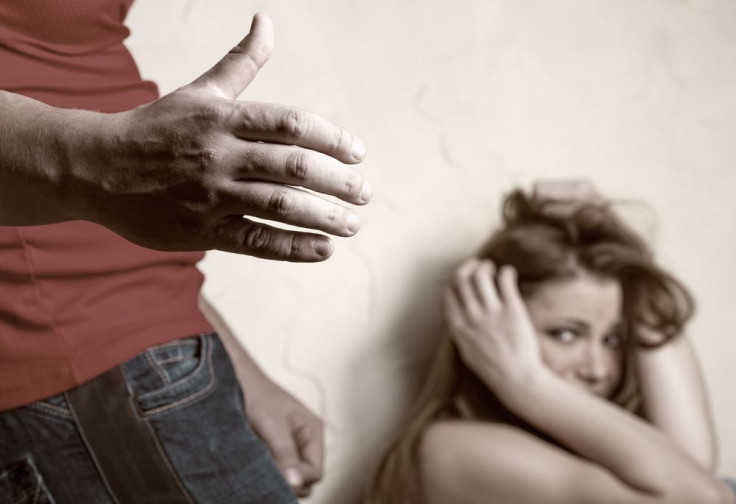Repeat Sexual, Physical Assaults Are A Common Thing For College Women, Unless They Do Something About It

Since video surfaced of former Baltimore Ravens running back Ray Rice knocking his then fiancé out in an elevator, the only thing Americans have been able to talk about has been domestic violence (okay, maybe ISIS too). Also called intimate partner violence, a lot of the conversation has surrounded why a woman, who was clearly punched so hard that she looked like a sloppy drunk for the next two minutes, would stay with her partner. Though that’s a question in and of itself, a new study from the University of Buffalo has found that women who are physically or sexually abused are likely to experience it again.
Led by Dr. Kathleen Parks, of the university’s Research Institute on Addictions, the team of researchers were initially “attempting to see if victimization increased drinking, and if drinking then increased future risk,” she said in a press release. “Instead, we found that the biggest predictor of future victimization is not drinking, but past victimization.”
The study involved 989 college-aged women (18-21) who were surveyed for five consecutive years about drinking habits and experienced with severe sexual or physical assault. Indeed, they found that women who were victimized were likely to experience another incident within the next year, and during that time, were also more likely to drink — the researchers suggested this could have been a coping mechanism. The good news: These women gradually fell out of the pattern of victimization as the years went by.
Though the study didn’t look at how women reacted to domestic violence, it highlights how men continue to show disregard toward women’s personal space. Every year, there are about 237,868 victims of sexual assault, according to the Rape, Abuse & Incest National Network. Eighty percent of victims are under 30 years old. What’s more, a recent National Intimate Partner and Sexual Violence Survey found that one in five women report being raped, with 78 percent of them being victimized before age 25.
So, while the study doesn’t look at domestic violence, it points to the predatory tendencies of some college men, who prey on women and get them drunk to the point they’re unable to make conscious decisions. In fact, a report this week found that the time between the first week of college and Thanksgiving, considered the “Red Zone,” is when sexual assaults are at their highest. Because of this, schools like the University of Southern Maine have installed emergency posts placed around campus for women who suspect they’re being followed.
The majority of sexual assaults, however, are committed by acquaintances and friends; people women would normally trust. So, the researchers of the current study concluded that “the year prior to and the first year of college may be a critical period for intervening to reduce risk for severe victimization.”
Source: Parks K, Hsieh Y-P, Taggart C, Bradizza C. A Longitudinal Analysis of Drinking and Victimization in College Women: Is There a Reciprocal Relationship? Psychology of Addictive Behaviors. 2014.



























